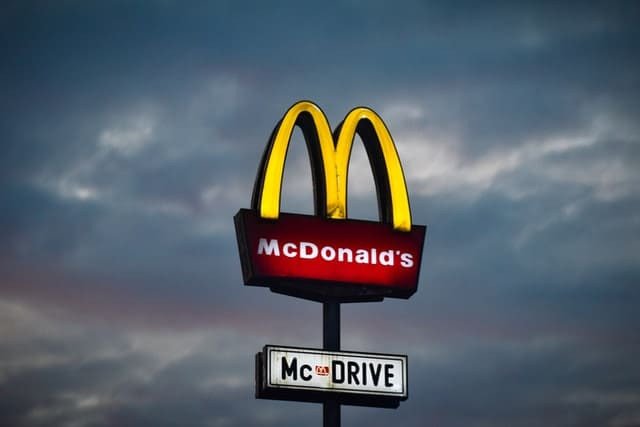The world was abuzz with a flurry of reports, each one echoing a common refrain: McDonald’s, the ubiquitous fast-food giant, was facing system outages on a global scale. From bustling metropolises to remote villages, customers found themselves greeted not by the familiar glow of golden arches, but by locked doors and darkened drive-thrus. It was a phenomenon that transcended borders, cultures, and time zones, sparking curiosity, frustration, and a sense of collective bewilderment.
In the heart of New York City, the neon lights of Times Square flickered uncertainly, casting long shadows on the deserted sidewalks below. Tourists and locals alike stood in bewildered clusters, their smartphones ablaze with hastily typed messages and grainy images of shuttered McDonald’s establishments. The iconic Big Macs and crispy fries seemed like distant memories, replaced by a sense of longing for the familiar comforts of fast-food indulgence.
Across the Atlantic, in the bustling streets of London, similar scenes played out against a backdrop of centuries-old architecture and modern-day hustle. The aroma of freshly brewed coffee and sizzling sausage patties, once a staple of morning commutes, was conspicuously absent. Instead, commuters found themselves navigating a culinary desert, their hunger pangs met with empty promises and boarded-up windows.
In the sprawling metropolis of Tokyo, where precision and efficiency were revered virtues, the sudden disruption to McDonald’s operations sent shockwaves through the city’s meticulously orchestrated rhythm. Salarymen and schoolchildren, accustomed to the convenience of grabbing a quick meal on the go, were forced to recalibrate their routines in the face of unexpected adversity. For a nation that prided itself on its technological prowess, the sight of a global fast-food giant brought to its knees by system outages was a humbling reminder of the fragility of modernity.
But perhaps nowhere was the impact of McDonald’s system outages felt more acutely than in the sprawling suburbs of Mumbai, where the golden arches had become synonymous with opportunity, community, and the promise of a better tomorrow. For millions of aspiring entrepreneurs, McDonald’s represented not just a source of sustenance, but a gateway to prosperity and self-reliance. The sudden disruption threatened to unravel the dreams of countless small business owners, whose livelihoods were intricately woven into the fabric of the fast-food giant’s global network.
As news of the system outages spread like wildfire across social media platforms and news channels, speculation ran rampant about the cause of the unprecedented disruption. Was it a cyberattack orchestrated by a shadowy cabal of hackers? A glitch in the matrix of interconnected servers and databases that underpinned McDonald’s sprawling empire? Or perhaps a harbinger of deeper systemic issues, symptomatic of a world teetering on the brink of technological overload?
In the absence of concrete answers, theories abounded, fueled by equal parts curiosity and anxiety. Some saw the system outages as a wake-up call, a stark reminder of the need for greater resilience and redundancy in an increasingly interconnected world. Others viewed it as a cautionary tale about the perils of overreliance on technology, a sobering reminder that even the mightiest of corporations were not immune to the vagaries of digital disruption.
Yet amid the uncertainty and speculation, one thing remained clear: McDonald’s system outages were more than just a temporary inconvenience; they were a reflection of the interconnectedness of the modern world and the delicate balance upon which it rested. In the grand scheme of things, a few hours without access to fast food might seem like a trivial inconvenience. But for those whose lives were intertwined with the golden arches, it was a stark reminder of the fragility of the systems that sustained them.




